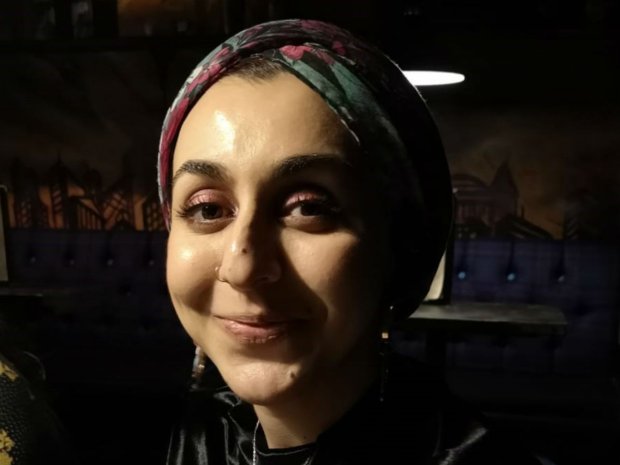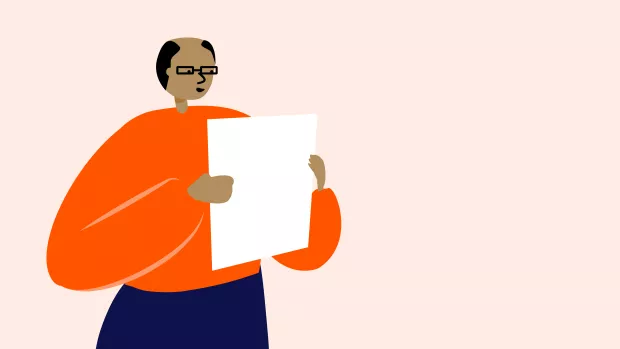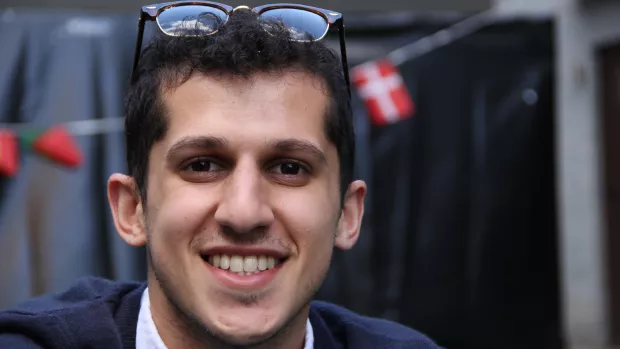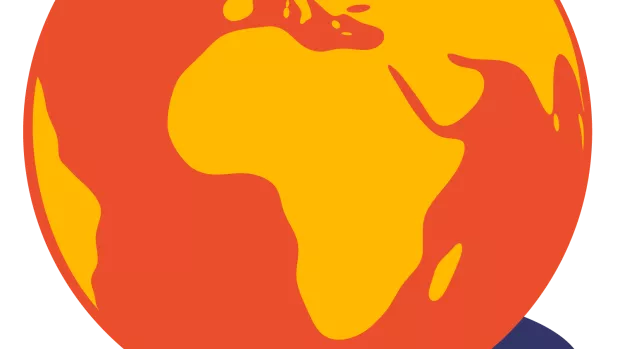
MS during Ramadan
Ramadan. The month of mercy as it is known amongst Muslims. It is a time for reflection, a time to reconnect with yourself, a time to be with friends and family and to give in charity
[This blog was first published in 2019. At the end Noor shares some thoughts on observing Ramadan during the coronavirus pandemic.]
It is also time when a third of the world's population only eat and drink after daylight hours. "But why go hungry?” a lot of people have asked me over the years.
It is not about shedding the pounds. It is about developing patience and practicing gratitude for things we so easily take for granted in our day to day lives, like food and water. It isn't primarily about fasting from food, but this is what Ramadan is most known for.
Read the MS Society factsheet on fasting and MS
Faith pulled me through my MS diagnosis
My faith was something that really pulled me through my diagnosis and is a constant reminder for me that that there is a bigger plan. It reminds me that uncertainty is a natural part of life and that I am exactly where I am supposed to be.
This sounds a little idealistic, but for me connecting with a higher power invites me to look into myself and question what is important in life. Islam puts my struggles into perspective.
So where does someone with MS fit in with Ramadan? Well, I still think about this all the time despite being diagnosed with relapsing remitting MS five years ago. What we really need to look at here is the definition of fasting within Islam.
What does it mean to fast?
When it comes to fasting from food and drink I’ve decided that I really need to listen to my body. With the long days, my symptoms worsen for prolonged periods without water. My vision can become blurred, juddery and I struggle with balance.
Islamically, it is preferred for a Muslim not to fast in a case where this may lead to further harm. People living with long term health conditions, those who are pregnant and the elderly are exempt from fasting.
However, fasting is not just exercising control over what you consume. It’s more about withdrawing from bad language, from unhelpful speech and from bad deeds.
It’s about being more self-aware of your actions and about forgiveness towards each other, as well as seeking it from Allah (God). So, I try to focus on these things more and work to be mindful of my actions and their impact on myself and others.
Some things I’ve considered when deciding whether to fast from food and drink.
1. Why am I fasting?
Fasting is a way that Muslims connect with their faith. It is not compulsory for me to fast with a long-term condition, so I should not push myself - that is not what God has asked me to do.
There are other ways I can fast. I often try to be more aware of what I am putting into my body, take time to be thankful for what God has blessed me with, and try to feed those around me, fasting or otherwise!
2. How might fasting impact my condition?
For me fasting from water can really impact my visual symptoms and worsen them. My vision may become more juddery and I may have higher levels of fatigue. (And this impacts most who don't live with MS. This may be a battle I do not want to enter!)
I have previously considered if fasting for long hours is something I can manage. I also tried to think about if it was something I could trial at home and if I could break my fast if it became too much. Everyone is different and I am the expert in my condition. I know my limits better than anyone.
3. Do I need to worry about what anyone else is doing?
Fasting and any act of worship is between myself and Allah (or any higher power anyone identifies with).
For me, knowing my limits and boundaries and respecting those regardless of what others may be doing or saying ensures my wellbeing. This also allows me to worship and connect with my intent solely being for the growth of my own spiritual connection. I think it’s important to do what feels right for you.
Get support if you're fasting
If you are considering fasting Ramadan in the UK this year, the sun sets quite late, so it may be wise to let people around you know so they can spot the signs if you are struggling.
Making friends and colleagues aware you are fasting could be great way of getting some support as well as some cheerleaders if you do feel able to keep going.
Read the MS Society factsheet on fasting and MS
Ultimately, this is about you. If you are wanting to make the most out of Ramadan, it about remembering what this time is all about: reflecting on the spiritual aspects of yourself and how you can be the best you can be.
I haven't written off fasting for life and hope to fast in the future when the days are shorter and Ramadan moves into the winter months. But for now, I'm going to focus on working on my spiritual connection with my faith and sharing love with my community, family and friends.
Wherever you are, whoever you are, Ramadan Mubarak!
An update: Ramadan during the coronavirus pandemic
It is a different time, but this brings a new opportunity to reflect on what we are grateful for. It even allows us to spend a little more time on our spiritual practice than we may be able to normally.
There is always a way to engage and share your spiritual practice with loved ones. We are planning a Skype iftar and you could even cook the same meal to share virtually when it is time to break fast. Remember, “Verily, with every hardship comes ease” (Quran 94:5).



